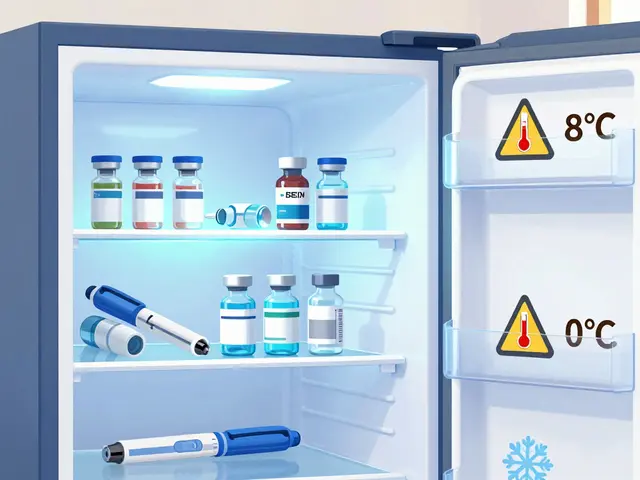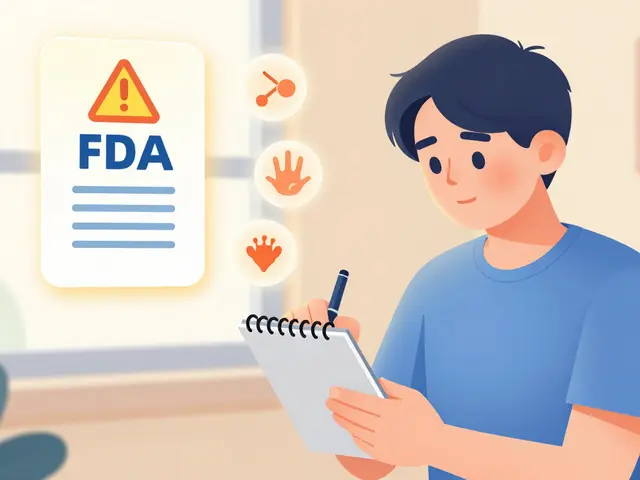Healthcare crisis: what’s really going wrong and how you cope
Hospitals crowded, drug shelves empty, bills that keep climbing — that’s the reality many people face now. The healthcare crisis shows up as medicine shortages, longer waits, higher prices, and risky online options. You don’t have to be helpless. Read on for clear, usable steps to protect your meds, your money, and your health.
Why this is happening: supply chains still wobble after pandemic-era shocks, manufacturers cut production when profit is low, and extreme weather and climate shifts change disease patterns (yes, fungal infections are spreading into new areas). Add rising drug prices, staffing gaps in clinics and pharmacies, and gaps in regulation around some online sellers. That mix creates shortages and pushes people toward risky shortcuts.
Real consequences you’ll notice: your inhaler refill could cost much more or be delayed, specialty drugs become scarce, and people hunting cheaper meds online sometimes land on illegitimate pharmacies or sellers of controlled drugs. Mental health and addiction services also strain, making it harder to get steady care when you need it.
Quick, practical patient moves: plan ahead. Ask your doctor for refills earlier than last minute. When a drug is out, ask about generics or therapeutic alternatives — there are often proven substitutes for asthma, diabetes, or blood thinners. Use coupons, check mail-order discounts, and explore patient assistance programs before paying full price.
Safe ways to buy medicines online
Online pharmacies can help, but you must pick carefully. Look for clear contact info, a requirement for a prescription, secure payment methods, and real pharmacy accreditation. Avoid sites with prices that look too-good-to-be-true or that sell controlled drugs without asking for a prescription. If a site promises prescription-only meds with no doctor involvement, walk away. Use reviews from trusted sources and the kind of safety-check guides that investigate sites year-to-year.
If you need a cheaper inhaler or another costly med, ask about legal overseas generics or a pharmacy that ships from countries with strong safety rules. Keep records of what you ordered, batch numbers, and communications — that helps if something goes wrong.
When care is delayed or unaffordable: smart next steps
Prioritize medicines that must not be missed (blood thinners, immunosuppressants, certain heart meds). Talk to your pharmacist about short-term dosing changes that are safe, or temporary substitutes. If a specialist wait is long, try telehealth alternatives for interim advice or local clinics for urgent needs.
Document shortages and costs — insurance appeals and patient assistance programs often need that proof. Join local or online patient groups; collective voices push pharmacies and policymakers faster than one person alone. Keep a simple home record: current meds, doses, allergies, and who prescribed them. That list saves time in any emergency or when switching providers.
The healthcare system is strained, but practical choices make a big difference. Plan refills, choose accredited online pharmacies, ask about safe alternatives, and use patient assistance options. For ongoing updates, check reliable health resources and talk to your pharmacist — they’re a great ally in a crisis.
In Nigeria, the price of essential medications, including asthma treatments and antibiotics, has risen sharply. Inflation, currency devaluation, and a dependency on imported drugs are driving up costs, making it difficult for many to afford vital treatments.



